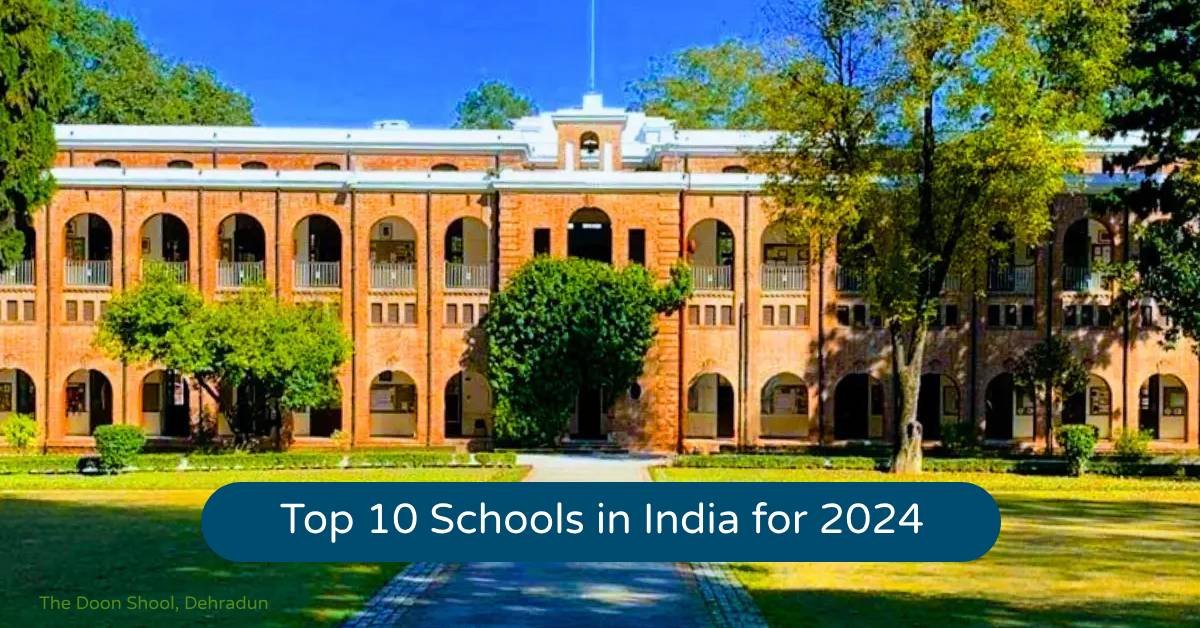The Master of Business Administration (MBA) is a highly sought-after postgraduate degree program in India, equipping graduates with the skills and knowledge to excel in various business functions. Here’s a breakdown of the key aspects:
What is an MBA?
An MBA is a two-year full-time program (or one-year for executives) designed to develop comprehensive business management skills. It focuses on core areas like finance, marketing, accounting, human resources, and strategy, while also incorporating electives and specializations.
Eligibility:
- A Bachelor’s degree in any discipline from a recognized university is typically required.
- Minimum percentage requirements vary across institutions, but generally range from 50% to 60%.
- Work experience, although not mandatory in all cases, can significantly strengthen your application.
Admission Process:
- Entrance Exams: Most MBA programs require you to take and score well in standardized entrance exams like CAT (Common Admission Test), XAT (Xavier Aptitude Test), GMAT (Graduate Management Admission Test), or MAT (Management Aptitude Test). Each exam has its own format and scoring system.
- Application Process: After clearing the entrance exam, shortlisted candidates need to submit applications to their chosen B-schools. This typically involves essays, letters of recommendation, work experience details (if applicable), and statement of purpose documents.
- Group Discussions & Interviews: Shortlisted candidates are often called for group discussions and personal interviews to assess their communication, analytical, and leadership skills.
Streams of MBA:
While a general MBA provides a foundation in all core business areas, many B-schools offer specialized streams to cater to specific career interests. Here are some popular options:
- Finance: Focuses on financial analysis, investment banking, risk management, and corporate finance.
- Marketing: Develops expertise in marketing strategy, consumer behavior, market research, and brand management.
- Human Resources Management: Provides skills in talent acquisition, employee relations, performance management, and training & development.
- Information Technology & Management: Combines business acumen with IT knowledge for roles in e-commerce, digital marketing, and data analytics.
- International Business: Prepares graduates for careers in global corporations, focusing on international trade, cross-cultural management, and foreign markets.
Top MBA Entrance Exams:
- CAT (Common Admission Test): Conducted by the Indian Institutes of Management (IIMs), the CAT is widely considered the most prestigious MBA entrance exam. It assesses a candidate’s quantitative ability, verbal reasoning, data interpretation, and logical reasoning skills.
- XAT (Xavier Aptitude Test): Conducted by XLRI Jamshedpur, XAT is another highly competitive exam. It tests various skills like verbal and decision-making abilities, data analysis, and logical reasoning.
- GMAT (Graduate Management Admission Test): A global exam accepted by many Indian B-schools and universities worldwide. The GMAT emphasizes analytical writing, integrated reasoning, quantitative reasoning, and verbal reasoning.
- NMAT (Narsee Monjee Management Aptitude Test): Conducted by the Graduate Management Aptitude Council (GMAC), NMAT offers a computer-based testing format and focuses on quantitative skills, logical reasoning, language skills, and data sufficiency.
- CMAT (Central Management Admission Test): Conducted by the National Testing Agency (NTA), CMAT is a national-level entrance exam accepted by numerous B-schools across India. It tests general knowledge, quantitative techniques, logical reasoning, and communication skills.
- MAT (Management Aptitude Test): Conducted by the All India Management Association (AIMA), MAT is a computer-based test offered multiple times throughout the year. It assesses mathematical ability, critical thinking, language comprehension, data analysis, and Indian business environment knowledge.
Choosing the Right Option:
- Consider your career goals and interests when selecting an MBA program and specialization.
- Research top B-schools based on their reputation, faculty expertise, placement records, and program offerings.
- Explore factors like program duration, fee structure, and scholarship opportunities.
By understanding these aspects, you can embark on a well-informed journey towards pursuing an MBA in India and take your career to the next level.
The world of MBA programs in India offers a wealth of opportunities for aspiring business leaders. This comprehensive overview has equipped you with the essential information to navigate your journey.
Remember, an MBA can be a stepping stone to a fulfilling career with increased earning potential, diverse job opportunities, and a sharpened skillset. By carefully considering your goals, researching B-schools and entrance exams, and dedicating yourself to preparation, you can unlock the doors to a successful future in the Indian business landscape.





1 thought on “MBA in India: Your Complete Guide from Eligibility to Admission”
Pingback: Top MBA Colleges in India 2024: Pursue Your Business Dreams - Study Vikalp